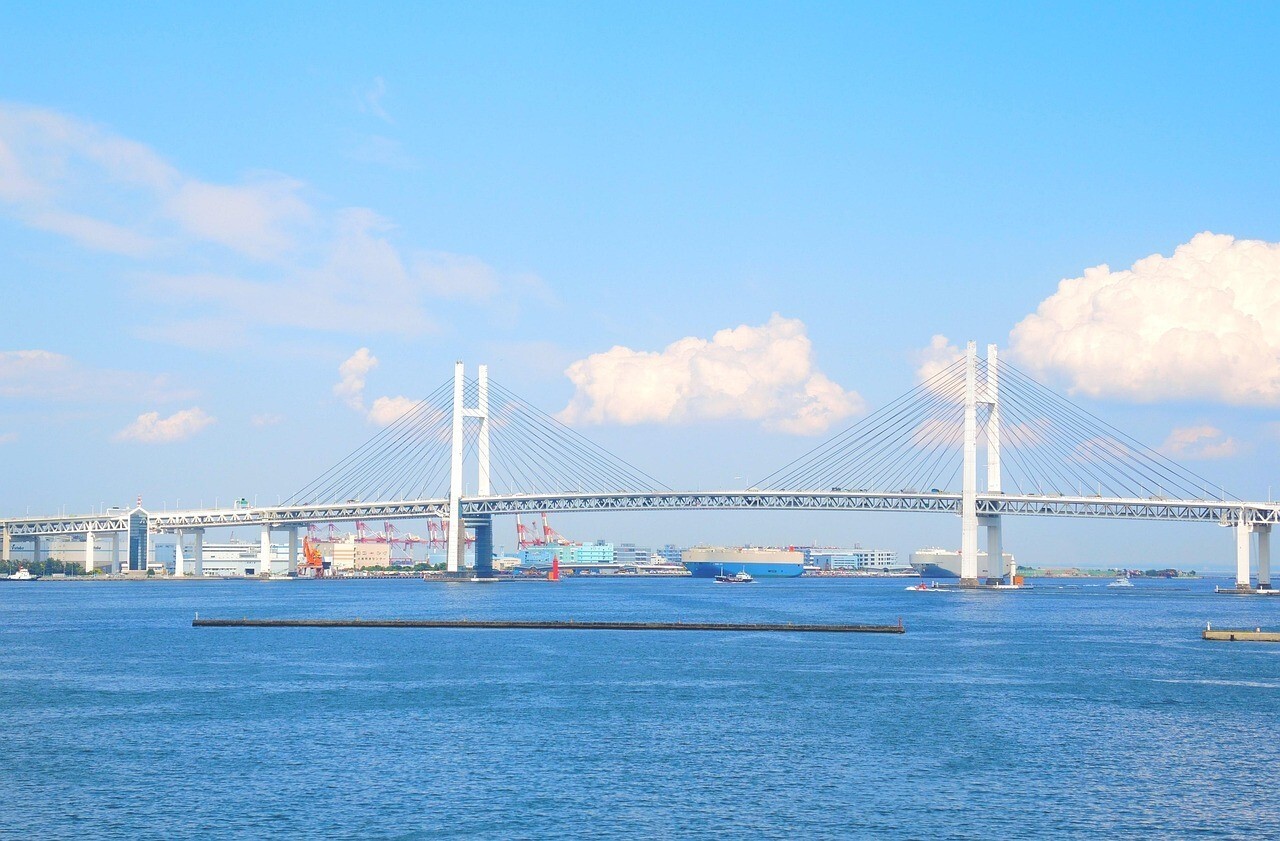您想继续阅读英文文章还
是切换到中文?
是切换到中文?

THINK ALUMINIUM THINK AL CIRCLE

As the Trump administration pushes ahead with plans to impose 25 per cent tariffs on Japanese imports including vehicles, steel, and aluminium from August 1, Japan’s small and medium-sized enterprises (SMEs) are gearing up for impact.

Image for representational purpose
Tokyo-based Mitsuwa Electric, a 92-year-old precision parts maker led by Yuji Miyazaki, is one such firm. Despite the rising trade tensions, Miyazaki remains optimistic that his firm can weather the disruption.
Miyazaki told AFP, “We are providing very specialised products for specialised industries, where it is difficult to change suppliers or supplying countries just because of boosted tariffs. I’m not worried too much, because if American companies can’t produce parts on their own, they have no choice but to import those parts regardless of tariffs.”
Founded as a light bulb filament maker, Mitsuwa now produces metal coils, rods, plates, and wires for automotive lighting, photocopiers, and X-ray machines. In 2022, it earned a Guinness World Record for the smallest commercially available metal coil, about half the diameter of a human hair.
Though direct impact has been limited, Miyazaki noted that one auto industry client had asked for price cuts. Still, he said, “All we can do is to adapt to any changes in the business environment.”
Political pressure mounts in Tokyo
The broad scope of the Trump tariffs is already affecting Japanese exports. Car shipments to the US dropped by about 25 per cent in May and June, sparking urgency in Tokyo. Prime Minister Shigeru Ishiba has dispatched envoy Ryosei Akazawa to Washington seven times since April, with more meetings planned, including with US Treasury Secretary Scott Bessent.
However, Ishiba’s approach, insisting that all tariffs be eliminated has faced domestic criticism. With upper house elections approaching, analysts suggest the lack of progress could threaten his short premiership.
SMEs, which make up 99.7 per cent of Japanese businesses, remain particularly exposed. The Japan External Trade Organization (JETRO) has fielded over 2,000 enquiries from concerned firms, with a spike since June.
Miyazaki voiced concern about the broader tariff scope, including rumours of 200 per cent tariffs on pharmaceuticals and possible new duties on medical equipment.
Diversification as a survival strategy
Experts urge SMEs to diversify their markets to hedge against geopolitical shocks.
Zenkai Inoue, an SME specialist and professor at the Kyushu Institute of Information Sciences, “I’m proposing a ‘tricycle strategy’, which means you have to have (at least) three customers in different regions.”
Inoue warned that some firms have been slow to prepare, despite prior trade friction with China. “Some of them have not learned a lesson enough from that experience,” he added.
Mitsuwa Electric, with clients across Asia, Europe, and North America including Toshiba and Koito Manufacturing has managed to cushion immediate fallout. For Miyazaki, global diversification and adaptability remain the keys to resilience.
Note: To feature your brand and share insights, contribute an article or interview in our forthcoming e-magazine "American ALuminium Industry: The Path Forward."
Responses








